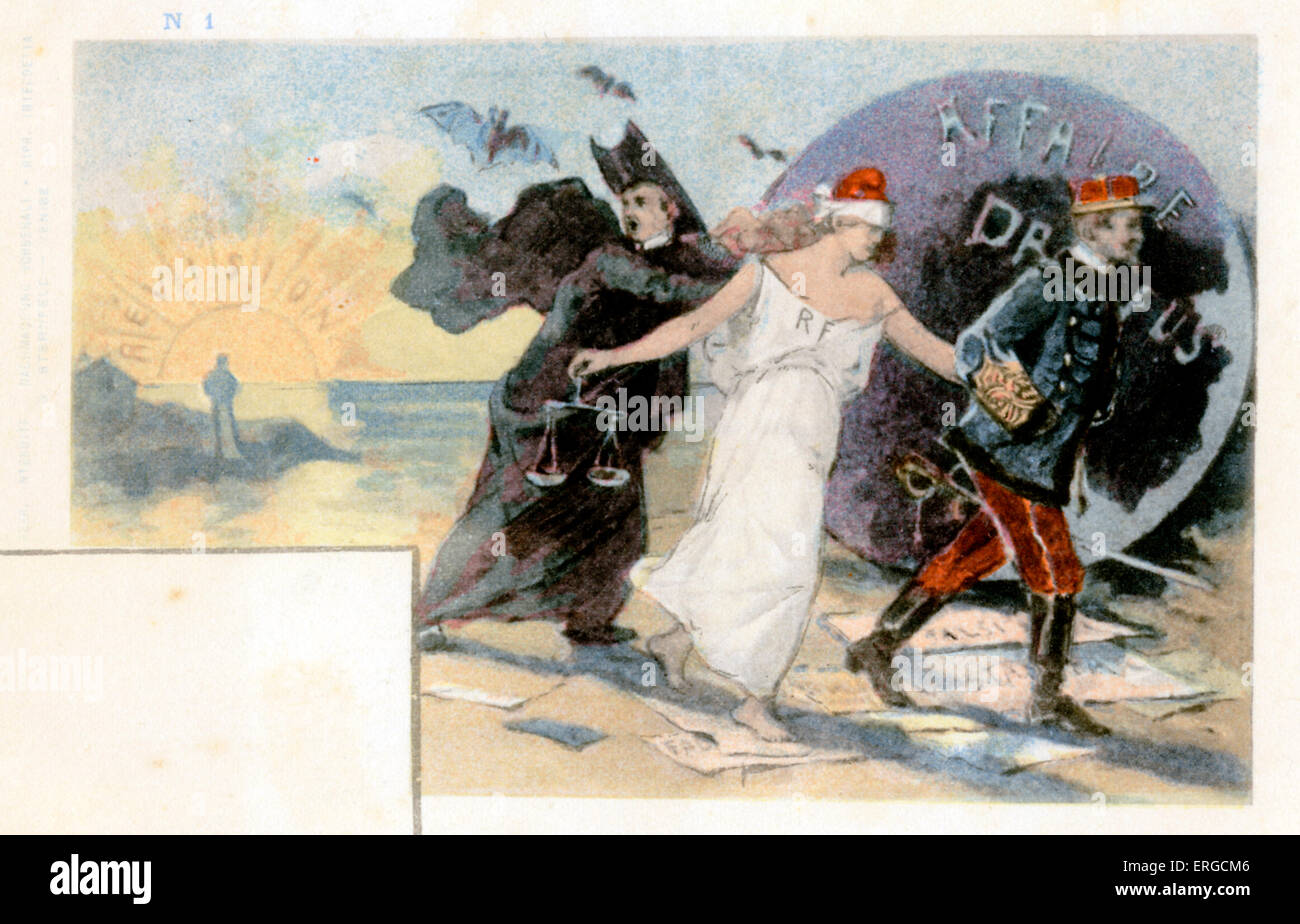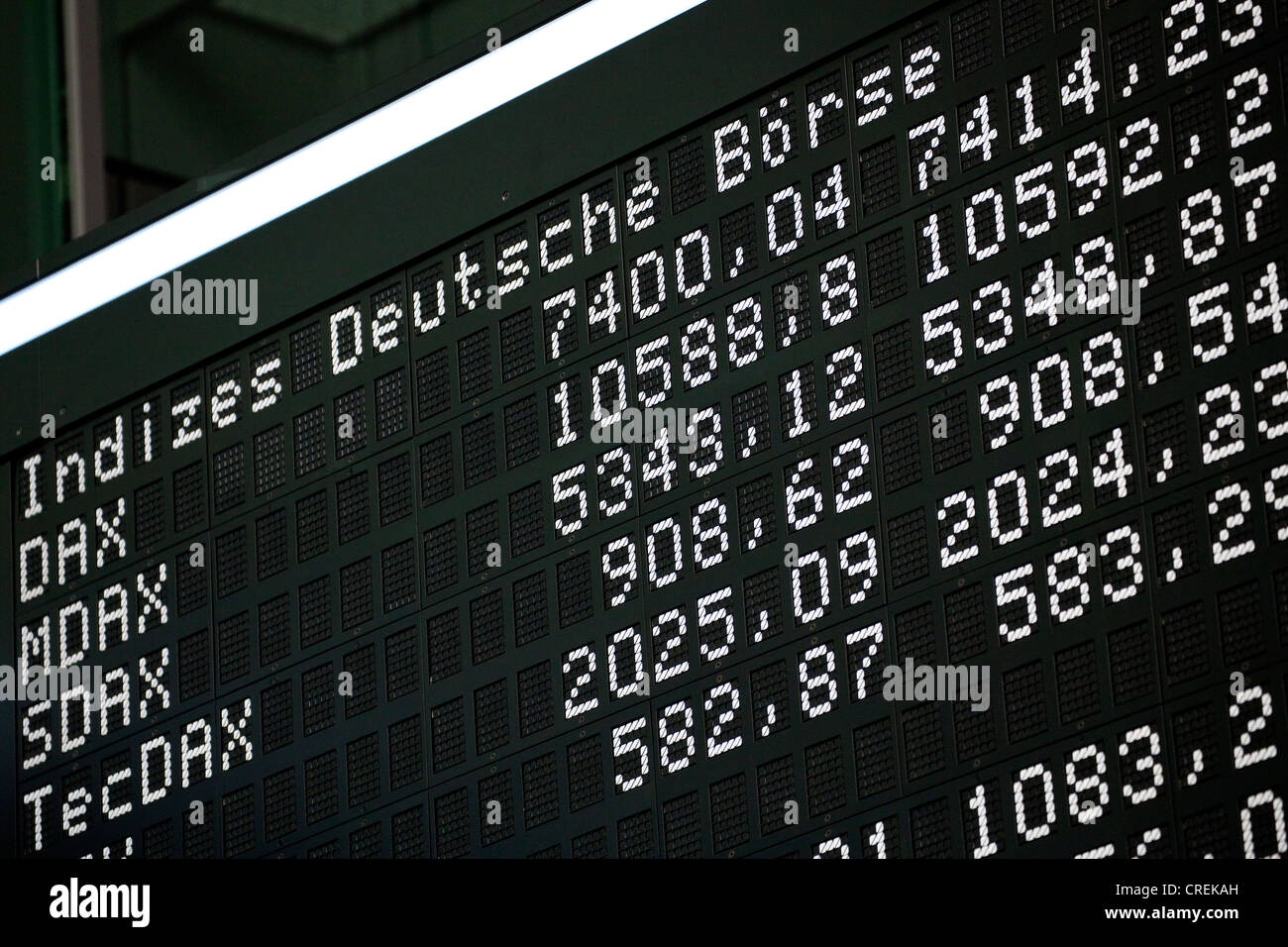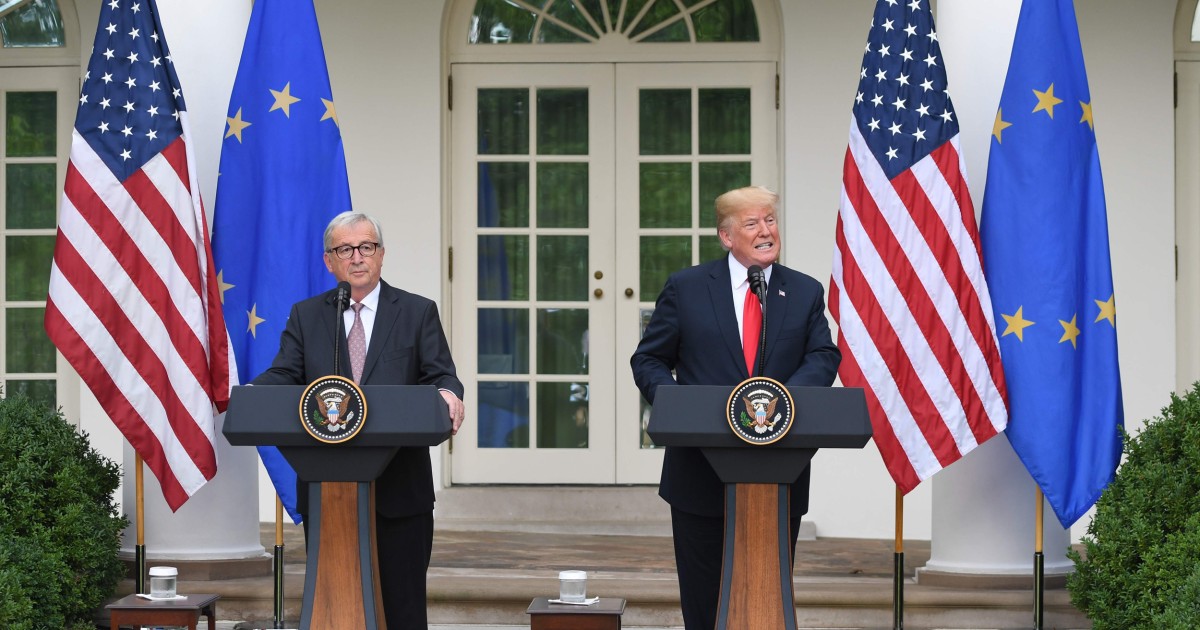130 Years After The Dreyfus Affair: A Push For Justice And Recognition

Table of Contents
The Dreyfus Affair: A Brief Recap
The Dreyfus Affair, a watershed moment in late 19th-century France, centered on the wrongful conviction of Alfred Dreyfus, a Jewish artillery officer in the French Army. Falsely accused of treason in 1894, Dreyfus was subjected to a deeply flawed military trial, fueled by rampant antisemitism and a desire to scapegoat a member of a minority group. The key players in this drama included Alfred Dreyfus himself, Major Ferdinand Walsin Esterhazy (the actual culprit), and the journalist and novelist Emile Zola, whose courageous actions played a pivotal role in exposing the truth.
- False accusation of treason: Based on flimsy evidence and fueled by anti-Semitic prejudice, Dreyfus was accused of leaking French military secrets to Germany.
- Degrading public trial and conviction: Dreyfus was publicly humiliated and sentenced to life imprisonment on Devil's Island. The trial was deeply unfair, lacking due process and objectivity.
- Zola's "J'accuse…" open letter: Emile Zola's powerful open letter, published in L'Aurore, directly accused the French Army of a cover-up and anti-Semitic bias, igniting a national debate. This act of journalistic courage is still studied today.
- Retrial and eventual exoneration: After years of campaigning by Dreyfus' supporters, including his wife Lucie, a retrial took place, ultimately leading to his exoneration in 1906. However, the damage to his reputation and the pain inflicted upon him and his family remained.
The Lasting Impact of the Dreyfus Affair on French Society
The Dreyfus Affair profoundly impacted French society, leading to significant societal shifts and reforms. It exposed the deep-seated antisemitism within French institutions and society, forcing a national reckoning with prejudice and injustice. This period of intense social and political upheaval also had a profound impact on the development of Zionism.
- Increased awareness of antisemitism: The Affair brought antisemitism to the forefront of public consciousness, sparking widespread debate and prompting some reforms aimed at combating it.
- Reforms in the French military and judicial system: While not immediately sweeping, the Affair prompted some reforms aimed at improving the fairness and transparency of military justice and legal processes.
- Strengthening of secular republican ideals: Ironically, the anti-Semitic forces who championed the initial conviction found themselves at odds with the ideals of the French Republic, ultimately leading to a stronger emphasis on secularism among many.
- The birth and growth of the Zionist movement: The Affair highlighted the vulnerability of Jews in Europe, contributing to the growth of the Zionist movement, which advocated for a Jewish homeland in Palestine.
The Dreyfus Affair and the Birth of Modern Journalism
The Dreyfus Affair stands as a pivotal moment in the history of journalism. The role of the press in exposing the truth and shaping public opinion was undeniable, setting a precedent for investigative journalism's power.
- The power of investigative journalism in uncovering injustice: Zola's "J'accuse…" is a cornerstone of investigative journalism, demonstrating the power of the press to challenge authority and expose corruption.
- The impact of public opinion on political and legal processes: The public outcry generated by the Affair directly influenced the political and legal processes surrounding Dreyfus's case, ultimately leading to his exoneration.
- The role of the media in shaping historical narratives: The media's coverage of the Dreyfus Affair shaped public perception of the event and its implications, influencing historical narratives for decades to come. The manipulation of information by certain newspapers also highlighted the importance of journalistic integrity.
The Continued Relevance of the Dreyfus Affair in the 21st Century
The Dreyfus Affair's relevance extends far beyond its historical context. Its themes of antisemitism, racism, and injustice continue to resonate deeply in the 21st century.
- The resurgence of antisemitism globally: Sadly, antisemitism remains a persistent problem worldwide, underscoring the ongoing need to confront prejudice and hatred.
- The importance of remembering historical injustices: Remembering the Dreyfus Affair serves as a crucial reminder of the dangers of unchecked prejudice and the importance of fighting for justice.
- The need for ongoing vigilance against prejudice and discrimination: The Affair highlights the need for constant vigilance against all forms of prejudice and discrimination, both overt and subtle.
- Modern parallels to the Dreyfus Affair: Many contemporary events, involving wrongful convictions and biased legal processes, draw parallels to the Dreyfus Affair, highlighting its enduring relevance.
Memorials and Commemorations: Keeping the Memory Alive
Numerous memorials and commemorations across France and other countries keep the memory of the Dreyfus Affair alive, ensuring future generations understand its significance.
- Locations of significant memorials: Memorials are located in various places significant to the affair, including Paris and Devil's Island.
- Educational programs and initiatives: Schools and universities worldwide incorporate the Dreyfus Affair into their curricula, fostering critical thinking and raising awareness about historical injustices.
- Recent events and exhibitions: Museums and historical societies regularly organize events and exhibitions related to the Dreyfus Affair, maintaining public interest and promoting historical understanding.
Conclusion
The Dreyfus Affair, 130 years later, remains a powerful symbol of the fight against injustice and prejudice. Its legacy continues to shape our understanding of antisemitism, the importance of due process, and the power of public discourse. The ongoing efforts to commemorate this pivotal moment in history serve as a vital reminder of the need for vigilance against all forms of discrimination. By studying the Dreyfus Affair and its enduring impact, we can work towards a future where justice and recognition are paramount. Let us continue to learn from this pivotal moment, ensuring the lessons of the Dreyfus Affair are never forgotten. We must actively combat antisemitism and all forms of bigotry, ensuring that the principles of justice and equality, so fiercely fought for in the wake of the Dreyfus Affair, prevail.

Featured Posts
-
 Complete Guide Nyt Mini Crossword April 18 2025 Solutions
May 25, 2025
Complete Guide Nyt Mini Crossword April 18 2025 Solutions
May 25, 2025 -
 Frankfurt Stock Market Update Dax At 23 9 Xx Following Losses
May 25, 2025
Frankfurt Stock Market Update Dax At 23 9 Xx Following Losses
May 25, 2025 -
 Trumps Pressure Tactics Forcing A Republican Deal
May 25, 2025
Trumps Pressure Tactics Forcing A Republican Deal
May 25, 2025 -
 Porsche Cayenne Gts Coupe Szczegolowa Recenzja Po Jazdach Testowych
May 25, 2025
Porsche Cayenne Gts Coupe Szczegolowa Recenzja Po Jazdach Testowych
May 25, 2025 -
 Everything For Expats Housing Finance Kids And Fun At The Iam Expat Fair
May 25, 2025
Everything For Expats Housing Finance Kids And Fun At The Iam Expat Fair
May 25, 2025
Latest Posts
-
 Severe Weather Awareness Week Day 5 Flood Safety Tips And Preparedness
May 25, 2025
Severe Weather Awareness Week Day 5 Flood Safety Tips And Preparedness
May 25, 2025 -
 April 4 2025 Severe Weather Update Flash Flood Warnings And Tornado Count
May 25, 2025
April 4 2025 Severe Weather Update Flash Flood Warnings And Tornado Count
May 25, 2025 -
 V Mware Costs To Skyrocket At And T Reports 1 050 Price Hike From Broadcom
May 25, 2025
V Mware Costs To Skyrocket At And T Reports 1 050 Price Hike From Broadcom
May 25, 2025 -
 Flash Flood Warnings And April 4th Tornado Update April 2nd 2025
May 25, 2025
Flash Flood Warnings And April 4th Tornado Update April 2nd 2025
May 25, 2025 -
 Trade Tensions Boost Gold Prices Following Trumps Comments On The Eu
May 25, 2025
Trade Tensions Boost Gold Prices Following Trumps Comments On The Eu
May 25, 2025
